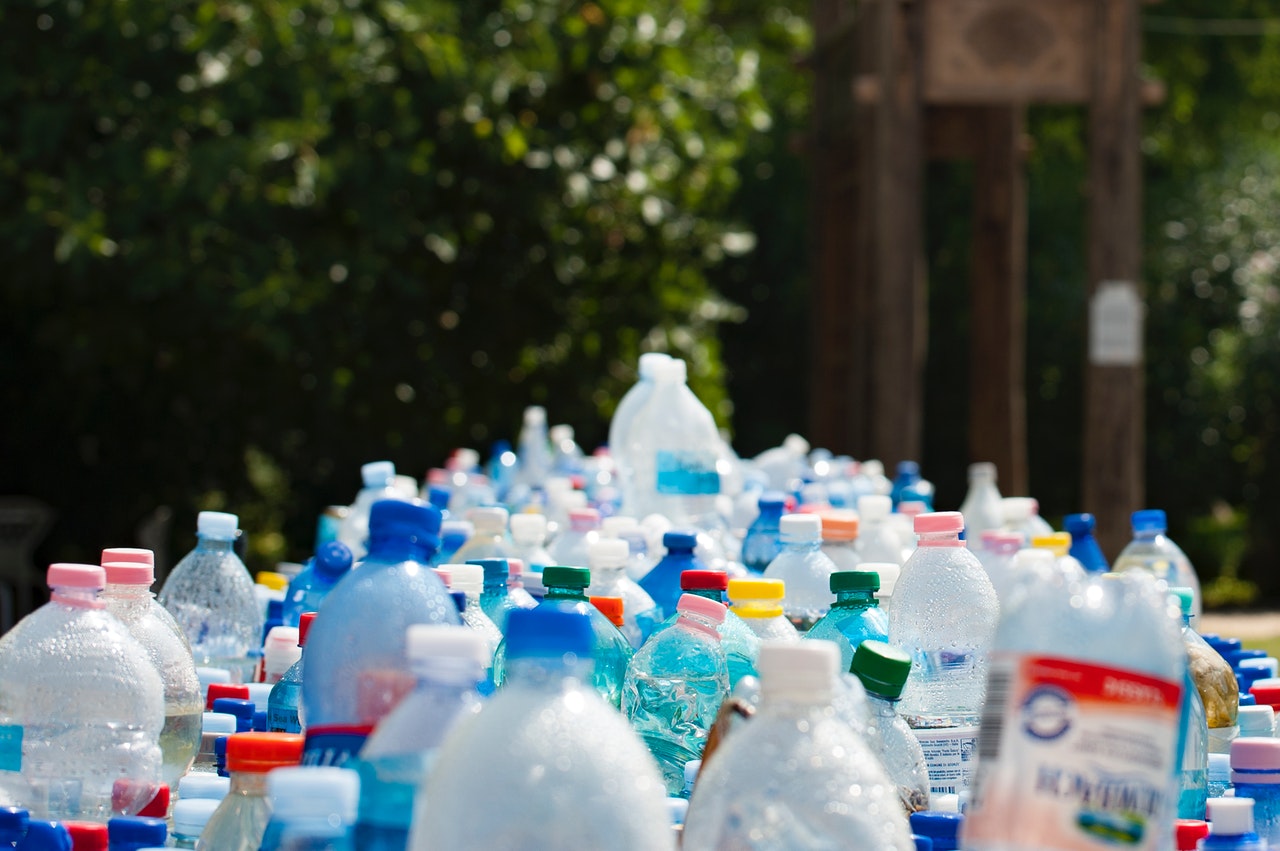With the world’s focus firmly fixed on the Covid-19 virus pandemic, maintaining perfect hygiene has been at the forefront of everyone’s minds.
However, a national waste company notes that while people are following the advice of healthcare officials, the resulting waste may not be doing much good for the planet.
BusinessWaste.co.uk has lifted the lid on the fact that with more hand sanitisers and liquid soaps being used, these single-use plastics are not always being efficiently recycled.
“Although it’s fantastic to see that people are really taking personal hygiene seriously, we have a duty to fulfill to our planet,” said company spokesperson Mark Hall.
How to tackle the plastic problem
The bottom line is that we all need to make sure that we are recycling as much as we can.
But with the nation buying every single bottle of liquid soap and hand sanitiser it can lay its hands-on, Mr Hall sees up to 10 million empty bottles ending up in already stretched landfill sites.
“Times may be frightening and confused for many individuals during the Covid-19 outbreak, we cannot allow ourselves to fall into the bad habit of just chucking everything into the general rubbish.
“With everything currently up in the air, it’s understandable that recycling practices may not be everyone’s main concern right now,” says Hall, “but we need to make sure we continue recycling for the future.”
NOW READ: City Corporation donates to Covid-19 third sector relief effort in London and UK
Most households and businesses now separate their rubbish into recycling bins – but the worry is that this will become seen as unimportant as people worry about their health.
And it’s feared that levels of recycling will drop during this global pandemic, says a concerned Mark Hall, but we have to keep stressing to people that as they use more hand sanitiser and soap, these plastic bottles could infesting the planet long after coronavirus is gone.
“We don’t want one of the lasting legacies of coronavirus to be the vast number of hand sanitiser bottles polluting our oceans and piling up around the world, but unfortunately it will be if we don’t act now.”
Recycle and shop smart – it’s really that easy
Plastic bottles are one of the most commonly recycled waste products, but it is important that they are recycled correctly. Fortunately, this is an incredibly simple process.
- Wash out the bottle to remove all residue and avoid contamination
- Take the cap off of the bottle, as different grades of plastic will be recycled separately
- Make sure soap bottle pumps are removed as they are not currently recyclable in the UK
- Place the bottle into your recycling bin ready for local collection
“If the hand sanitiser you’re carrying around in your bag runs out, we understand that the easiest thing to do is chuck it into the nearest bin, but really the best thing you can do is to take it home, rinse it out, and recycle it. The environment will thank you for it.”
Another recycling method is to refill existing plastic bottles once they’ve been rinsed out, to reduce the demand of manufacturing more plastic that could otherwise end up in a rubbish tip.
With the rise of local ‘zero-waste’ shop, it’s easy to find out where you can take your own containers and reuse them to stock up on cleaning essentials such as detergents, surface cleaners, and soaps.
Soap manufactures Carex has recently launched a scheme which aims to get people to reuse their existing soap bottles. Refill pouches of soap can be purchased to fill soap pumps, and the pouches can be recycled through local Terracyle collect points, which can be easily found online.
“You can also buy bars of soap, which are just as effective at keeping your hands hygienically clean and have the added benefit of often not coming in plastic packaging.
“Plus you’re bound to have a stash laying around from years of Christmas gift sets from your nan.”
So, while the world scrubs up, it’s important to remember the impact that plastic sanitizer and soap bottles will have in the future, and that we have to do something now to avoid millions of unnecessary bottles being dumped into landfills.
“We need to make sure that not only are we looking after ourselves, but we also need to be doing it in a responsible way that looks after the environment.”
For the latest headlines from the City of London and beyond, follow City Matters on Twitter, Instagram and LinkedIn.








